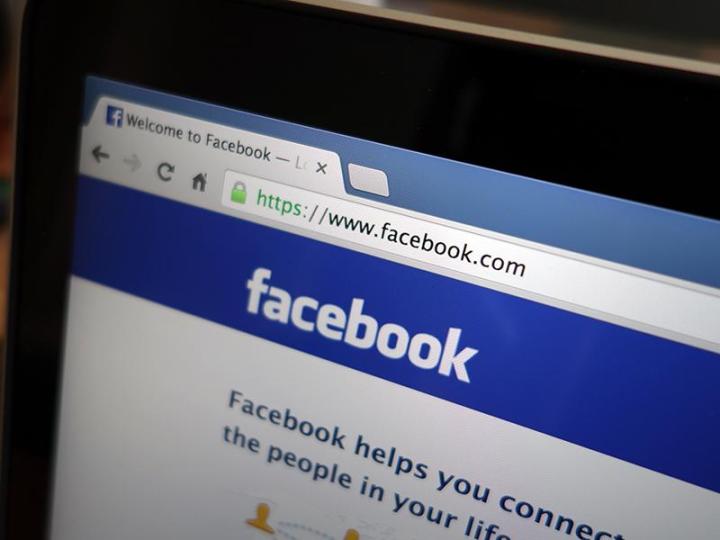
Those who over-share on Facebook may be dissatisfied with real life. According to a new study from Charles Sturt University in New South Wales, Australia, women who consider themselves to be lonely or depressed are more willing to disclose information through the social network.
The study, titled “Self-disclosure on Facebook among female users and its relationship to feelings of loneliness,” found that 79 percent of users who admit to being “lonely” disclosed personal information, like their favorite books and movies on Facebook. The figure is higher compared to 65 percent of other users.
According to Market Watch, 98 percent of lonely Facebook users shared their relationship status publicly, as opposed to restricting the information to friends. Some also shared their home addresses online. “It makes sense that the people who felt lonely would disclose this type of information,” said Yeslam Al-Saggaf, one of the study’s authors. “They want to make it easier for others to initiate contact with them, which may help them overcome their feelings of loneliness.”
The study, which collected data from 616 female Facebook users, also found that people who are not explicit about being lonely on Facebook tend to share about religion and politics.
Oward Bodie, who quit Facebook for 16 months, explained that getting off the social network was beneficial in some ways. However, there were limiting effects that weren’t obvious.
“Quitting Facebook was bittersweet in some ways,” said Bodie. “On one hand, I felt I was able to strengthen the relationships with people who were already in a close orbit: people I worked with, had dinners with, shared a city with. On the other hand, I felt that I had- perhaps unnecessarily- dislodged myself from the orbits, however distant, of people with whom I had shared a closeness. Old schoolmates, roommates from exotic places, and travel buddies all disappeared. I wouldn’t say I was “happier” for having to quit Facebook, but there were these strange costs to the move that I hadn’t anticipated.”
The study is not the first to link Facebook use and a person’s emotional state. An earlier California State University study claimed that people who often like other people’s posts are more likely to show symptoms of compulsivity and mania.
Editors' Recommendations
- Facebook Messenger finally starts testing end-to-end encryption for all chats
- Facebook teaches us all how web privacy works with Messenger Kids

